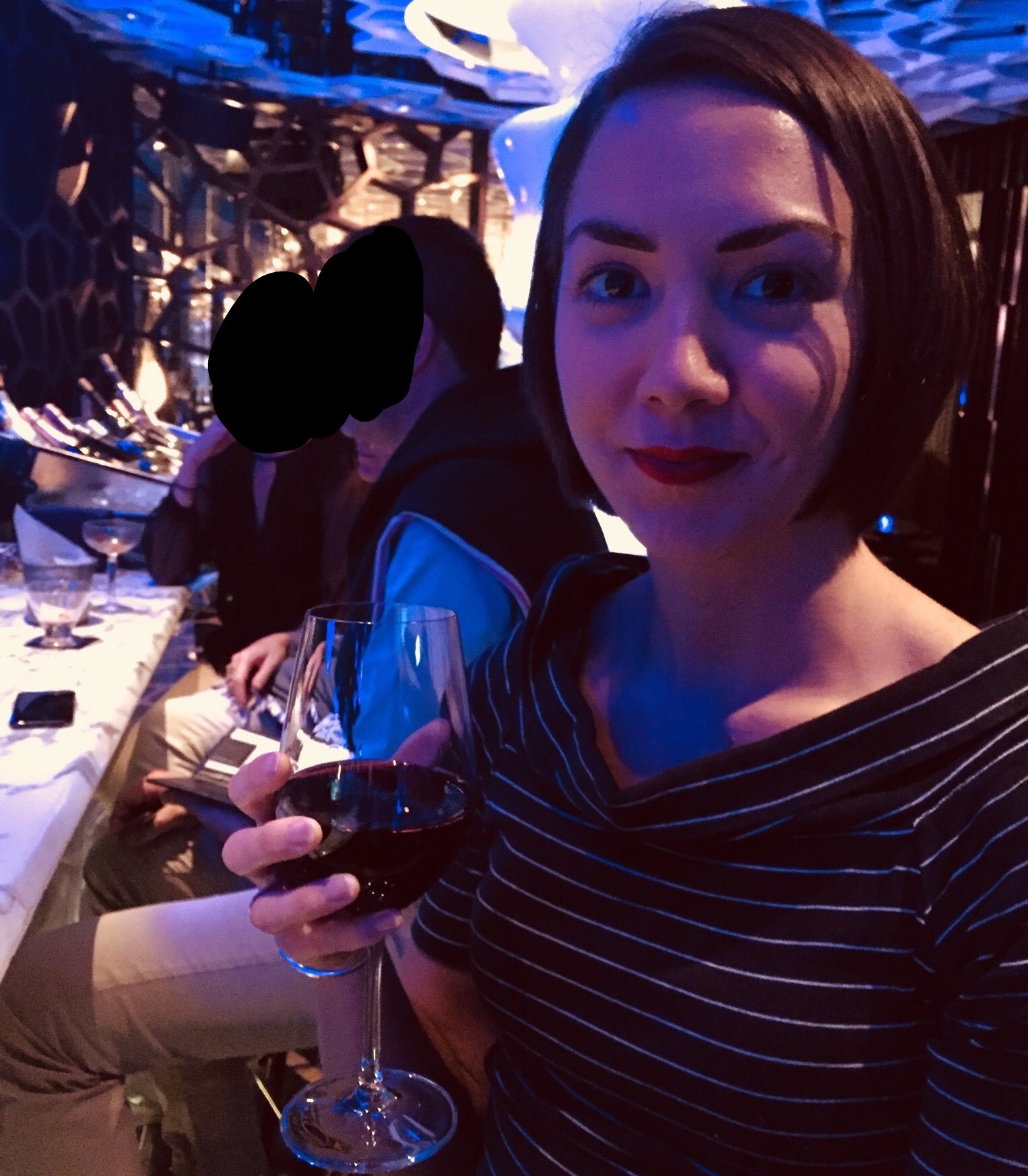This week has been Alcohol Awareness Week, spearheaded by Alcohol Change UK. The theme for this year is ‘Alcohol and Me’, because everyone has a relationship with alcohol irrespective of how problematic that relationship is.
James Morris’ forthcoming research shows that if we view this relationship as a continuum rather than a false binary i.e. ‘alcoholic’ vs. ‘not an alcoholic’ then more people would be likely to review their relationship with alcohol and the amount they drink. A preview of his argument can be found here.
Unfortunately, the prominent social discourse of problem drinking as a ‘disease’, rather than a use disorder, means that those who are drinking alcohol, but are not physically dependent, may not be seeking help for physical or mental ramifications of drinking. Indeed, whilst there are recommended weekly unit allowances, it’s been medically proven that there is no safe level of drink consumption. Does this mean everyone should review their alcohol consumption? Yes. Is there the infrastructure and resources to support this? No, unfortunately not.
It’s clear that binaries such as black/white, male/female, alcoholic/not alcoholic enables ‘othering’. In the case of drinking particularly, I have found that ‘othering’ non-drinkers by drinkers is largely a defensive reaction to deflect from their own drinking – to justify why that person has a problem compared to them. They’re situating non-drinkers in relation to themselves. It becomes particularly threatening to drinkers’ identities when non-drinkers do not identify with the labels of ‘addict’ or ‘alcoholic’, because what does it suggest about their drinking if not? We all come to sobriety on different paths, from different destinations.
This brings me on to ‘Alcohol and Me’. I don’t self-define as an ‘alcoholic’, or an ‘addict’. Did I drink alcohol abusively? Sometimes. Did I drink it in a disordered way? Yes, sometimes. As does most of the British population. I could still fulfil my responsibilities: my work; my mortgage; my social obligations; my studies. I was fully functioning. But consuming alcohol reduced my energy, my bank balance, my productivity, my physical recovery from training, and my mental health. I rarely drank over the weekly recommended allowance, but that was still too much. On February 4th 2018, after having two drinks the night before, I realised I couldn’t write with an alcohol-induced brain-fog that minimised my creativity. I couldn’t deliver on what meant most to me – I was a reduced version of myself, and I didn’t want to settle for that anymore.
I’d thought about giving up alcohol before, I’d tried to give up alcohol before, and I hadn’t been successful. On 4th February 2018 I finally made it stick. Despite not being physically addicted to alcohol, it still took a huge shift in my daily life and a conscious, focussed effort on affecting behavioural change. It was hard work but I created my own tools and resource collection to create permanent change.
You see, since the age of 18 or younger, alcohol had been a prominent constituent of social events and free time. Somehow we forget that there are a number of ways to have fun, and connect with people, that do not involve alcohol. Re-programming our minds to be open to such activities and feeling confident enough to participate in social events that are bar-orientated without drinking, takes a while. It knocks our self-confidence. It drains our energy. But it’s worth the effort.
So, why do I share this story? Am I trying to convert you all into giving up alcohol? No, not if you don’t want to. I share this story to raise awareness about the kinds of language we use to describe drinking practices, and those who no longer drink. I share this so that we can be more mindful that those who don’t drink are not the ‘other’. I share this to demonstrate that there is a welcoming community for those who feel alcohol no longer serves; 23% of British women between 25-44 years self-define as teetotal (Office of National Statistics 2017) and 43% of British women want to drink less (McVeigh 2015). And no, you don’t have to show up to this community and declare yourself an alcoholic to gain entry.
Lastly, I wanted to share this story so that a drinking-related social event is no longer the default. Have some understanding that for those who don’t drink, an evening trip to the pub leaves them feeling like a lime and soda-filled puffa-fish. They have to listen to the same tipsy conversation 3 times, being shouted at a little more each time. They have to endure the spilled drinks on their shoes and that bloke swaying in a bit too closely. Would you want to get up at 5am to go to a sober, 80s themed rave with a hangover? No, probably not. Asking a sober person to go on a ‘night out’ has the same appeal; their body clock is on a whole different time zone.
So, Happy Alcohol Awareness Week to you!
NB: https://alcoholchange.org.uk/ provides support, research and helpful resources for those who want to explore more.


